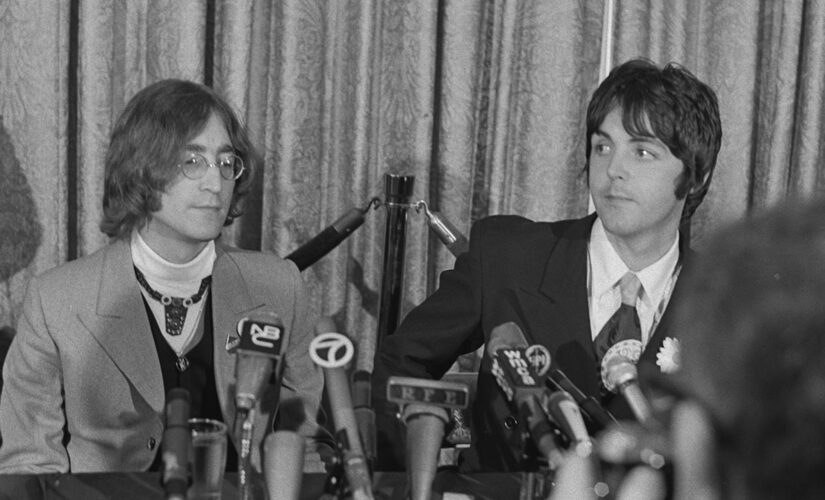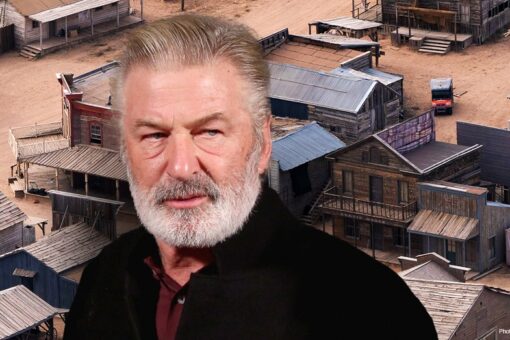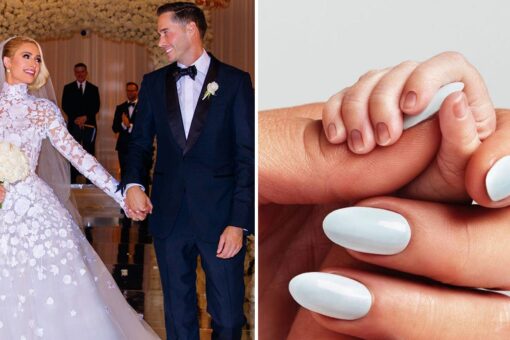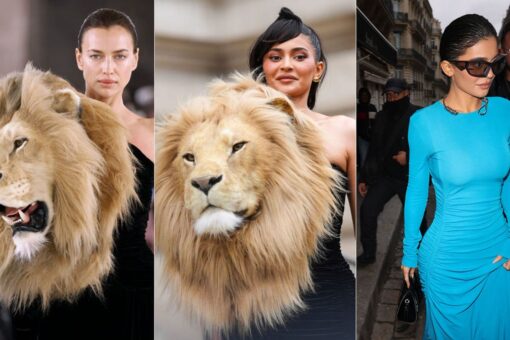Paul McCartney has opened up about his complicated relationship with John Lennon following the Beatles’ bitter split.
The group parted ways in the spring of 1970. While they quietly agreed to go their separate ways the prior fall, things went downhill after the news went public that April.
“When we broke up and everyone was now flailing around, John turned nasty,” the 79-year-old recalled in his new book, “The Lyrics: 1956 to the Present,” as quoted by People magazine on Thursday.
“I don’t really understand why,” the singer admitted. “Maybe because we grew up in Liverpool, where it was always good to get in the first punch of a fight.”
JOHN LENNON HONORED BY PAUL MCCARTNEY, YOKO ONO ON 81ST BIRTHDAY
In an interview with Rolling Stone following the band’s breakup, John Lennon (left) targeted Paul McCartney over his alleged bossiness in the studio, as well as the apparent disrespect towards his wife Yoko Ono.
(Getty Images)
Lennon released his first solo studio album, “John Lennon/Plastic Ono Band,” in December 1970. It featured the track “God,” in which the singer-songwriter declared, “I don’t believe in Beatles / I just believe in me.”
McCartney said he wasn’t impressed.
“John was firing missiles at me with his songs, and one or two of them were quite cruel,” he explained. “I don’t know what he hoped to gain, other than punching me in the face. The whole thing really annoyed me. John would say things like, ‘It was rubbish. The Beatles were crap.’ Also, ‘I don’t believe in the Beatles, I don’t believe in Jesus, I don’t believe in God.’ Those were quite hurtful barbs to be flinging around and I was the person they were being flung at, and it hurt.”
“So, I’m having to read all this stuff, and on the one hand, I’m thinking, ‘Oh f– off, you f–ing idiot,'” McCartney continued. “But on the other hand, I’m thinking, ‘Why would you say that? Are you annoyed at me or are you jealous or what?’ And thinking back 50 years later, I still wonder how he must have felt.”
CLICK HERE TO SIGN UP FOR THE ENTERTAINMENT NEWSLETTER
During their public quarrel, John Lennon and Paul McCartney fired shots at each other through music.
(Photo by Don Paulsen/Michael Ochs Archives/Getty Images)
McCartney wondered if the losses Lennon endured early on in life influenced how he responded to the band’s breakup.
“He’d say, ‘My dad left home when I was three, and my mother got run over and killed by an off-duty policeman outside the house, and my uncle George died. Yeah, I’m bitter,'” wrote McCartney. “John always had a lot of that bluster, though. It was his shield against life.”
“We’d have an argument about something and he’d say something particularly caustic; then I’d be a bit wounded, and he’d pull down his glasses and peer at me and say, ‘It’s only me, Paul.’ That was John. ‘It’s only me.’ Oh, alright, you’ve just gone and blustered and that was somebody else, was it? It was his shield talking.”
In response, McCartney also turned to music.
CLICK HERE TO GET THE FOX NEWS APP
The former bandmates reconciled before John Lennon was shot and killed by an obsessed fan.
(Photo by CBS Photo Archive/Getty Images)
“It was the 1970s equivalent of what we might today call a ‘diss track,'” said McCartney. “Songs like this, where you’re calling someone out on their behavior, are quite commonplace now, but back then it was a fairly new ‘genre.'”
According to the outlet, McCartney jabbed Lennon on “Too Many People,” which was featured in his second solo disc, 1971’s “Ram.”
“[That] was me saying basically, ‘You’ve made this break, so good luck with it,'” said McCartney. “But it was pretty mild… It was all a bit weird and a bit nasty, and I was basically saying, ‘Let’s be sensible. We had a lot going for us in the Beatles, and what actually split us up is the business stuff, and that’s pretty pathetic really, so let’s try and be peaceful. Let’s maybe give peace a chance.'”
Lennon fired back with the more nuclear “How Do You Sleep” in which the slide guitar was played by George Harrison.
PAUL MCCARTNEY: JOHN LENNON RESPONSIBLE FOR BEATLES BREAKUP
Paul McCartney (right) detailed his friendship with John Lennon in a new book.
(Getty)
The outlet noted that Lennon sang, “The sound you make is muzak to my ears/You must have learned something in all those years.” He also took aim at McCartney’s most famous song: “The only thing you done was yesterday/And since you’re gone you’re just another day.”
McCartney admitted he was crushed.
“I had to work very hard not to take it too seriously, but at the back of my mind I was thinking: ‘Wait a minute, all I ever did was ‘Yesterday’? I suppose that’s a funny pun, but all I ever did was ‘Yesterday,’ ‘Let It Be,’ ‘The Long and Winding Road,’ ‘Eleanor Rigby,’ ‘Lady Madonna’….f– you, John,'” he wrote.
Instead of punching back, McCartney offered an olive branch with 1971’s “Wild Life.” The song “Dear Friend” was an open letter to Lennon.
A woman sets a photograph down as she joins fans of former Beatle John Lennon who have gathered at the Imagine mosaic in the Strawberry Fields section of New York’s Central Park to mark the 35th anniversary of his death, in New York on Dec. 8, 2015.
(REUTERS/Lucas Jackson)
“I just felt sad about the breakdown in our friendship, and this song kind of came flowing out. ‘Dear friend, what’s the time?/ Is this really the borderline?’ Are we splitting up? Is this ‘you go your way; I’ll go mine?” he wrote.
Fortunately, the two stars made peace before Lennon was murdered on Dec. 8, 1980, at age 40. McCartney described how the two slowly reconnected and eventually bonded over fatherhood.
“I was very glad of how we got along in those last few years, that I had some really good times with him before he was murdered,” McCartney reflected. “Without question, it would have been the worst thing in the world for me, had he been killed, when we still had a bad relationship. I would’ve thought, ‘Oh, I should’ve, I should’ve, I should’ve…’ It would have been a big guilt trip for me. But luckily, our last meeting was very friendly. We talked about how to bake bread.”
McCartney paid tribute to his pal with the song “Here Today.” In the book, he admitted it was an emotional experience reliving their memories together as he penned the track.
PAUL MCCARTNEY RECALLS SEEING JOHN LENNON FOR THE FIRST TIME BEFORE BEATLES FAME
Sir Paul McCartney marched against gun violence in Manhattan during the March for Our Lives rally on March 24, 2018 in New York. John Lennon was entering his luxury Manhattan apartment when he was shot at close range with a .38-caliber revolver.
(Photo by Spencer Platt/Getty Images)
“I was just sitting there in that bare room, thinking of John and realizing I’d lost him,” he wrote. “And it was a powerful loss, so to have a conversation with him in a song was some form of solace. Somehow I was with him again.”




